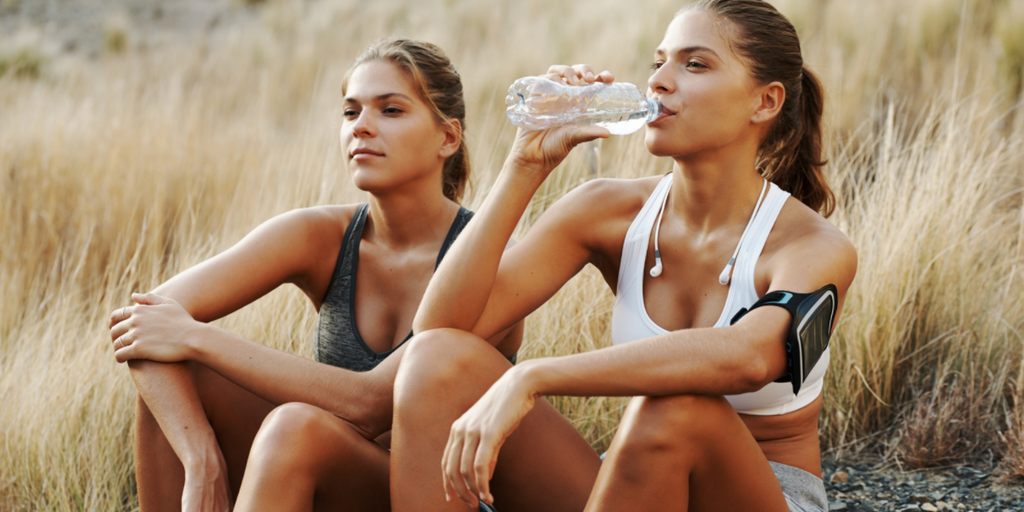7 Hydration Myths You Need To Stop Believing

Struggling to drink eight glasses of water a day? Want to find out the truth about hydration? Read on to find out why everything you believe about hydration could be wrong…
You Need To Drink Two Litres Of Water Every Day
We’re not saying that water isn’t important or that you shouldn’t be trying to drink more of it, but the amount of water a person needs varies depending on factors like how much you weigh, the temperature outside and how much exercise you’re doing. The amount of water someone needs varies from 1.5 litres to 2 litres. If you’re not into the taste of plain water, adding an ORS tablet can enhance flavour while also giving your body a healthy dose of electrolytes and minerals.
You Can Never Drink Too Much Water
Downing pints of water after exercise might sound like a good idea, but it can be dangerous. Drinking too much water can lead to a condition called hyponatremia, which happens when the sodium levels in your body are depleted. Hyponatremia can lead to confusion, convulsions and even death, so always drink in moderation and avoid downing too much water too quickly.
Water Is The Only Thing That Hydrates You
Water is a good source of hydration, but it isn’t the only thing that can quench your thirst. Fruit, vegetables, tea and even coffee also contain water and can help you stay hydrated. While caffeine is a diuretic, which means it makes you pee more often, your body quickly compensates for it. It’s a good idea to listen to yourself: if you really fancy some water, then have some, but if you eat an orange or drink an iced latte and feel quenched, don’t force more water into your body if you’re not craving it.
You Should Only Drink Water After A Workout
It’s always good to have a bottle of water with you when jogging or working out, but sometimes H20 just isn’t enough. Exercising makes you sweat out the necessary salts in your body, so you’ll need to replenish those sodium levels. If you’ve just finished a hard workout ORS can help replenish the electrolytes in your body. Electrolytes regulate blood pressure and kick-start the muscle recovery process, and are present in ORS products.
Your Pee Should Always Be Clear
If dark yellow pee means you’re dehydrated, surely clear urine shows you’re hydrated and healthy? While it’s true that dark pee is a sign you should be drinking more water, clear pee isn’t healthy either. When your urine is clear, it can mean you’re drinking excessive amounts of water or it could even point to an underlying health condition like diabetes. If your pee is always clear, consider lowering your water intake and see a doctor if you have any concerns.
Thirst Isn’t A Good Indication Of Dehydration
Are you worried your body is dehydrated even if you don’t feel thirsty? While some people think you should continuously drink water whether or not you feel you need it, in reality thirst is a good, natural indication that your body wants some hydration. Unless you’re exercising in hot weather, or your thirst mechanism isn’t working properly (which can happen with some medical conditions or in the elderly), you can rely on your body to tell you when it’s thirsty.
Drinking Extra Water Will Moisturise Your Skin
While dehydration can dry out your skin, drinking more water than you need won’t increase your skin’s moisture and, as we’ve discussed above, can be quite dangerous. Don’t down two huge water bottles and expect those fine lines to go away: the secret to good skin lies in following a healthy, balanced diet and avoiding excessive alcohol and cigarettes.

